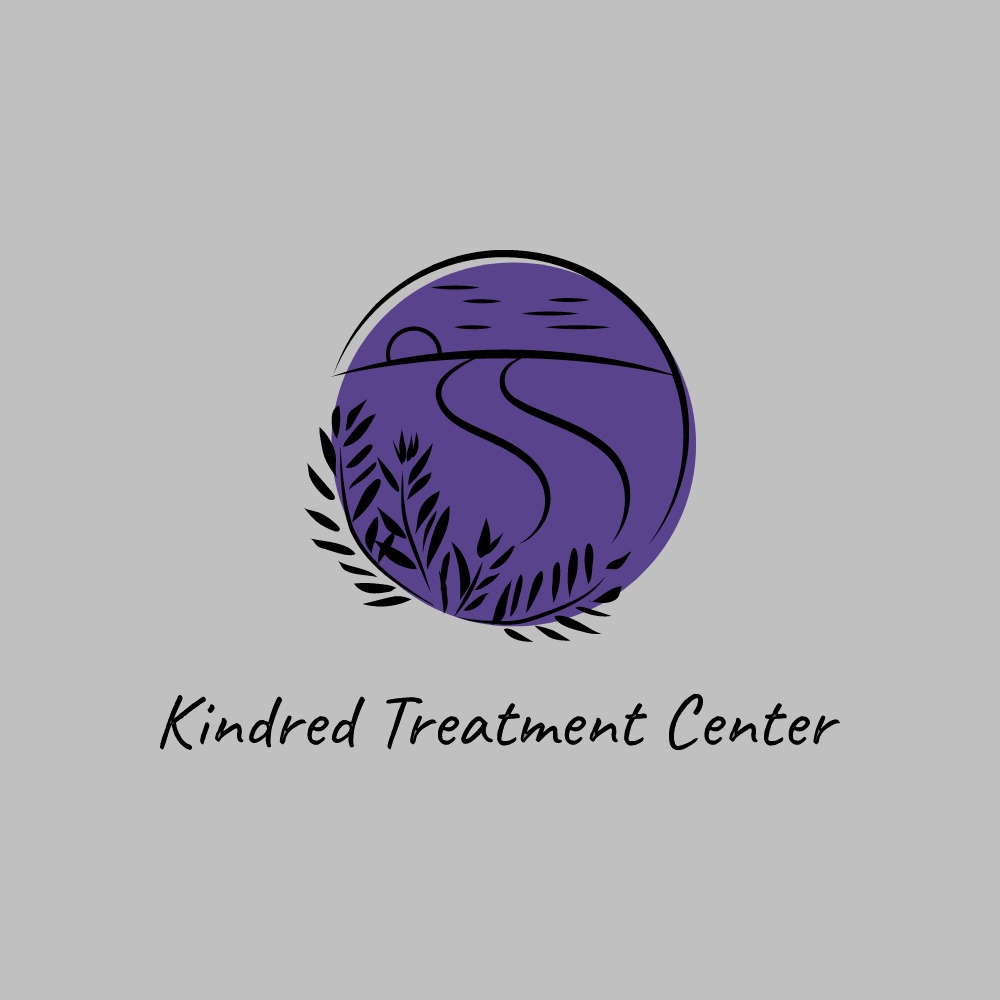Cognitive Behavioral Therapy (CBT) is a widely recognized and effective treatment approach for individuals with anxiety disorders. Combining cognitive and behavioral techniques, CBT helps individuals identify and challenge negative thought patterns and adopt healthier coping mechanisms. This therapy is not only beneficial for anxiety disorders but can also assist in Addiction Treatment, as many individuals with substance use disorders often experience co-occurring anxiety.
Anxiety disorders are one of the most common mental health conditions worldwide, with approximately 284 million people affected. These disorders can significantly impact an individual’s daily life, making it difficult to function and maintain healthy relationships. CBT offers a structured and goal-oriented approach to managing anxiety symptoms.
The first aspect of CBT is cognitive restructuring, which involves identifying negative and irrational thought patterns that contribute to anxiety. By recognizing these thoughts, individuals can challenge their validity and replace them with more rational and positive ones. For example, a person with anxiety may constantly worry about worst-case scenarios regarding their safety. Through CBT, they can learn to view these thoughts as exaggerated and develop more realistic appraisals.
The second aspect of CBT is behavioral interventions. This involves exposing individuals to anxiety-provoking situations gradually, allowing them to confront and overcome their fears. This process, known as exposure therapy, helps desensitize individuals to their triggers and promotes a sense of control over their anxiety. A key aspect of exposure therapy is teaching individuals relaxation techniques that can help them manage their anxiety symptoms during exposure exercises.
The principles of CBT can also be applied to addiction treatment. It has been recognized that anxiety disorders and substance use disorders often co-occur, with individuals self-medicating their anxiety symptoms through substance abuse. By incorporating CBT techniques into addiction treatment, individuals can learn to manage their anxiety without turning to drugs or alcohol.
CBT in addiction treatment may involve identifying and challenging irrational beliefs about substances, developing strategies to cope with cravings and triggers, and improving problem-solving skills. By gaining insight into their thought processes and behaviors, individuals can build resilience and develop healthier coping mechanisms, leading to long-term recovery.
In conclusion, Cognitive Behavioral Therapy is a highly effective approach in helping individuals with anxiety disorders. By using cognitive and behavioral techniques, CBT enables individuals to challenge negative thought patterns and develop healthier coping mechanisms. Furthermore, its principles can be applied to addiction treatment, aiding individuals in managing their anxiety without turning to substances. CBT offers hope and relief to those struggling with anxiety disorders, providing them with the tools to regain control of their lives.
************
Want to get more details?
Kindred Treatment
https://www.kindredtreatmentcenter.com/
410-861-0066
3000 Manchester Road Suite B
Outpatient Treatment Center offering mental health therapy, medication management, and addiction treatment including IOP, evaluations, and DUI education.
